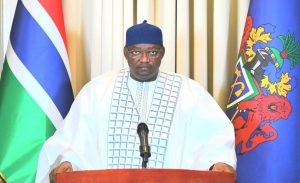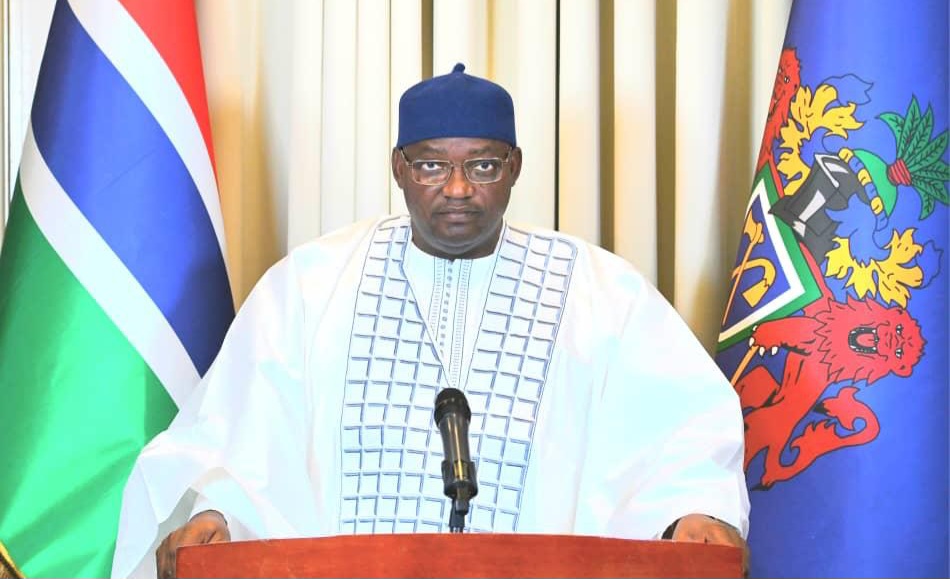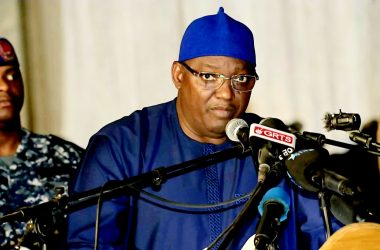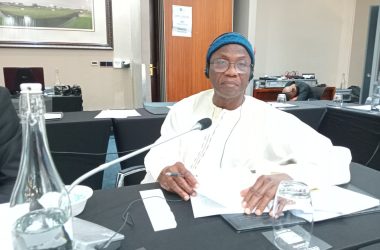President Adama Barrow has broken his silence on the growing scandal over the secret sale of assets seized from former President Yahya Jammeh, but critics say his statement raises more questions than it answers.
In a televised address Wednesday night, Barrow admitted that certain assets—including livestock, vehicles, and machinery—were sold off while the Janneh Commission was still conducting its investigation into Jammeh’s finances. These transactions, he claimed, were only recently brought to his attention, despite having approved the creation of a Ministerial Taskforce in 2019 specifically to oversee the disposal of those same assets.
The Janneh Commission, set up by Barrow’s own administration, concluded in 2019 and recommended the forfeiture of assets tied to Jammeh and his associates. A government White Paper was subsequently published, promising transparency and accountability. Yet, Barrow now concedes that key sales took place during the Commission’s proceedings—transactions not previously disclosed to the public.
Critics argue that this admission severely undermines the credibility of the government’s oversight and raises concerns about internal accountability. “The President’s claim that he only recently learned of these sales is troubling,” said one political analyst. “Either he was kept in the dark by his own ministers, or he’s distancing himself from a process he approved.”
Barrow’s decision to rely on ongoing investigations by the National Assembly and the National Audit Office—rather than establishing an independent panel—has also drawn skepticism. “The public deserves more than reassurances. They deserve action,” said a civil society leader familiar with the Janneh Commission’s work.
During his address, Barrow urged citizens to remain calm and trust the system. “Let me assure every Gambian that the assets recovered belong to the people,” he said. “We will not tolerate negligence or wrongdoing.”

However, the damage may already be done. The lack of transparency around the sale of public assets, combined with vague timelines and shifting accountability, has left many Gambians disillusioned. For a government that once campaigned on ending impunity and restoring trust in public institutions, the scandal threatens to become a defining test of its legitimacy.
Until the full findings of the investigations are released, the questions remain: Who approved these sales? Where did the proceeds go? And why is the public only hearing about it now?





